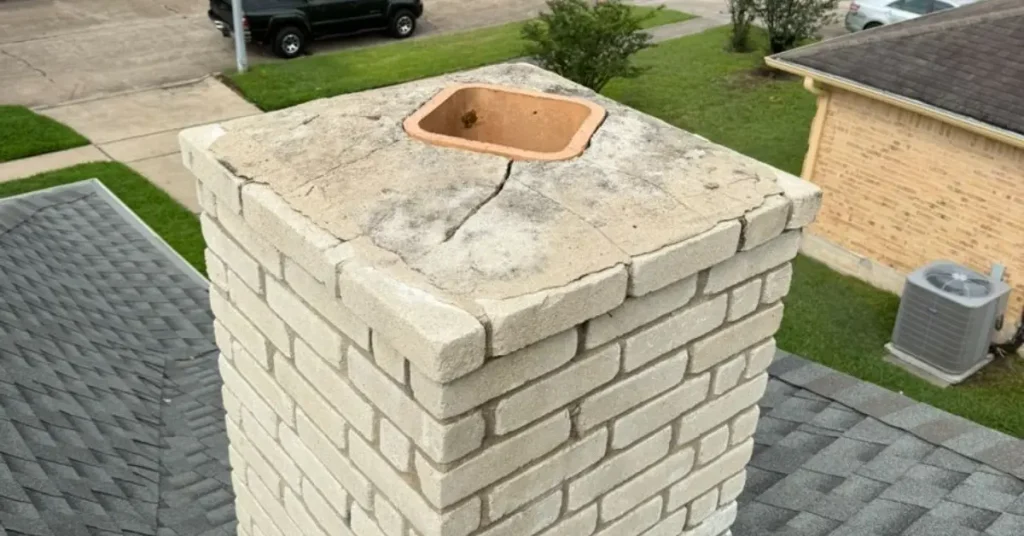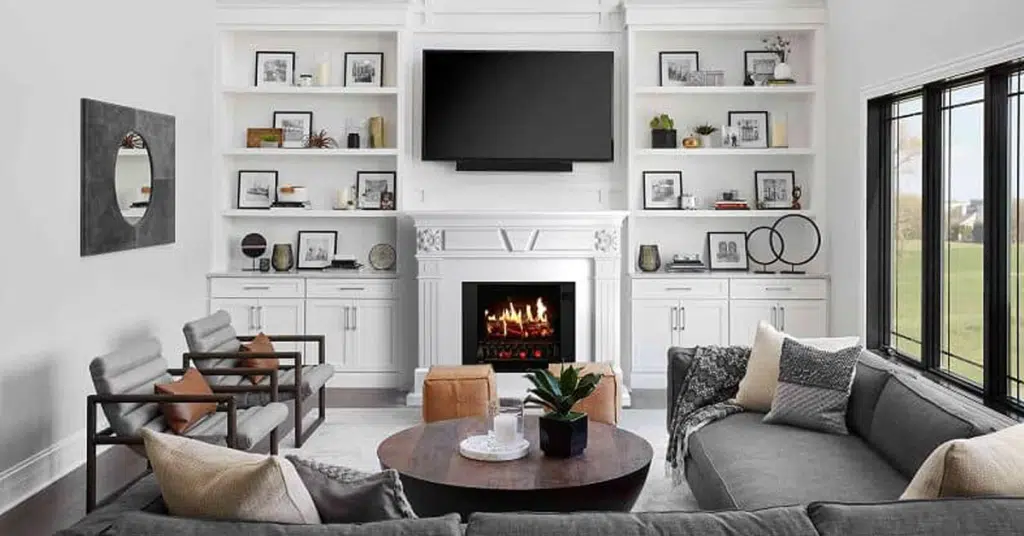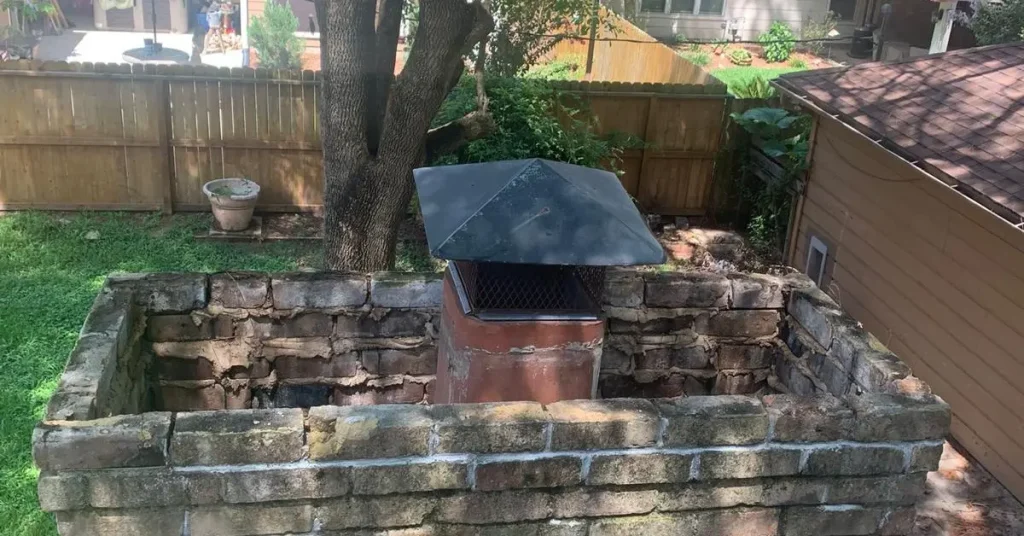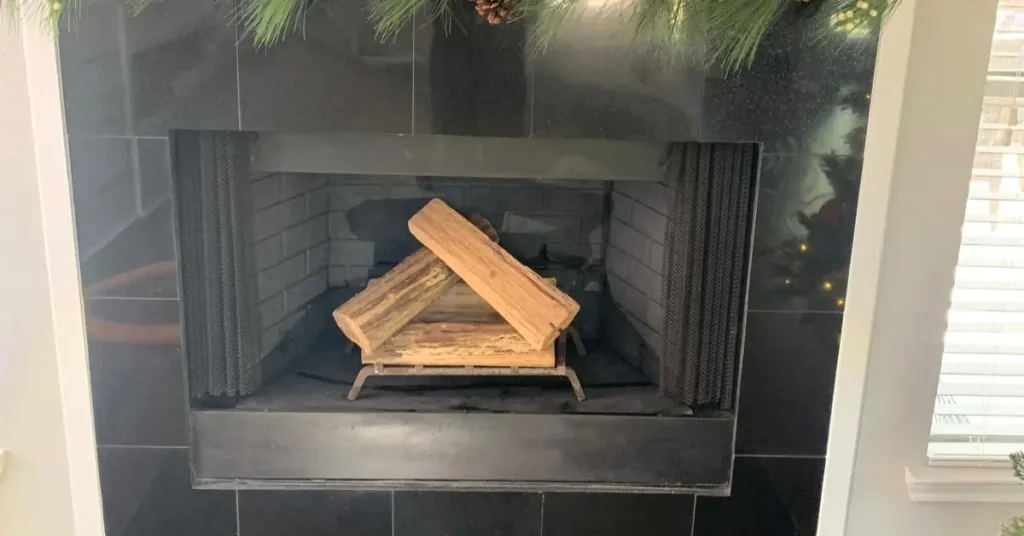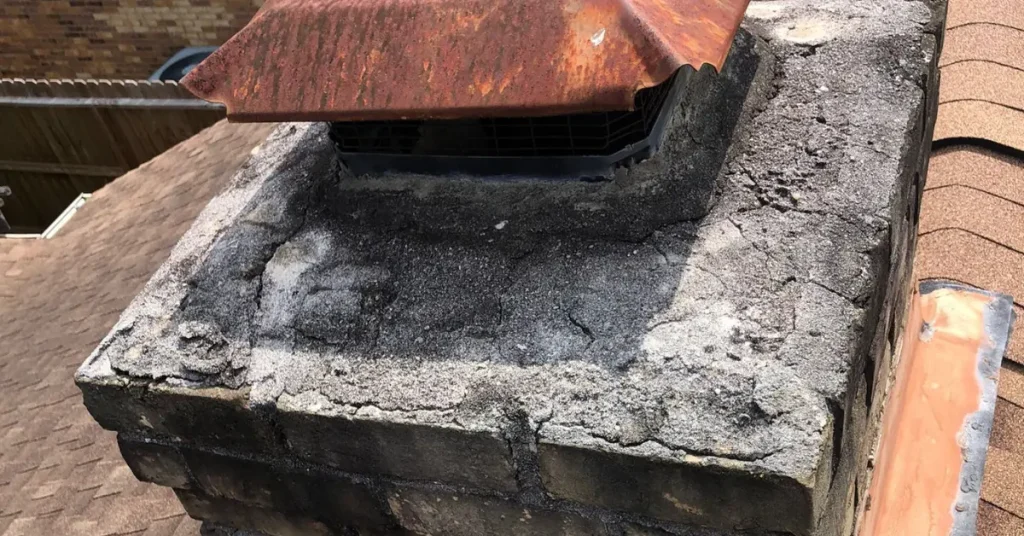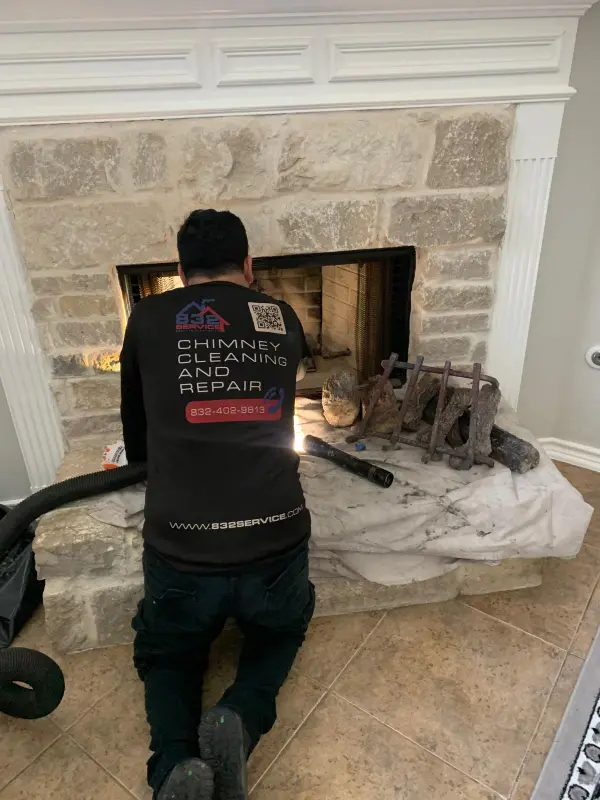There’s nothing worse than settling in for a cozy evening only to find your gas fireplace won’t light. Trust me, we’ve been there. The good news? Many common issues are easier to fix than you’d think. You don’t always need to call a technician right away. With some basic know-how and the right approach, you can repair gas fireplaces yourself for many common problems. We’re here to walk you through everything you need to know to keep your unit running smoothly all season long.
Common Gas Fireplace Problems Every Homeowner Faces
Let’s be real – most homeowners run into similar hiccups with their units. Understanding what typically goes wrong helps you troubleshoot faster. We’ve seen these same scenarios play out dozens of times, and they’re usually pretty straightforward to address. Learning to repair gas fireplaces starts with recognizing these common issues.
Pilot Light Not Staying Lit
This is probably the most frustrating issue out there. You light it, walk away, and come back to find it’s gone out again. Often, this happens because of a dirty thermocouple or a draft near the unit. The thermocouple is a safety device that shuts off the flow when it doesn’t detect a flame. If it’s covered in dust or grime, it can’t do its job properly. Try cleaning it gently with fine sandpaper and see if that solves your problem.
Soot Buildup Issues
Noticing black residue on the glass or around the unit? That’s soot, and it means something’s off with your combustion. Usually, this points to an improper air-to-fuel ratio. The good news is you can often fix this by adjusting the air shutter or cleaning the burner ports. Regular maintenance prevents this from becoming a bigger headache down the road.
How to Inspect and Repair Gas Fireplaces
Before you repair gas fireplaces, you need to inspect them thoroughly. Start by turning off the unit and letting it cool completely – safety first, always. Check the glass for cracks, inspect the logs for proper placement, and look at the burner for debris. Next, examine the venting system for blockages. Birds love to nest in chimneys during the off-season. Clean out any obstructions you find. Then, test the ignition system and make sure all connections are secure. If everything looks good but it still won’t work, the issue might be with the thermopile or valve. These components are trickier to diagnose without the right tools.
Why You Should Repair Gas Fireplaces Like A Pro
Here’s the thing – approaching repairs professionally saves you time and money. When you repair gas fireplaces correctly the first time, you avoid repeat visits and frustration. Professional techniques focus on three key areas:
- Safety checks before starting any work
- Methodical diagnosis instead of guesswork
- Using proper tools for each specific task
- Following manufacturer guidelines exactly
- Testing thoroughly after each fix
This approach means fewer callbacks and better long-term performance. Plus, you’ll spot potential problems before they become emergencies. It’s really about working smarter, not harder.
When Your Gas Fireplace May Need a Technician
Sometimes, calling in the experts is the smartest move. If you smell gas at any point, stop immediately and call for help. That’s non-negotiable. Other situations that warrant professional attention include electrical component failures, valve replacements, or venting modifications. Basically, if you’re unsure about any step or the problem seems beyond basic maintenance, don’t risk it. Licensed technicians have specialized equipment and training for complex diagnostics. They also know local codes and safety requirements inside and out. While many homeowners can repair gas fireplaces for minor issues, major problems require professional expertise.
Get Expert Gas Fireplace Repair Services Today
Look, we get it – DIY maintenance feels satisfying and saves money. But when things get complicated, having a trusted professional makes all the difference. Our team specializes in keeping units running efficiently year after year. We’ve helped countless homeowners repair gas fireplaces and solve everything from minor annoyances to major malfunctions. Whether you need a quick tune-up or a complete system overhaul, we’re here to help. Don’t let a cold fireplace ruin your winter comfort. Reach out today and let’s get your unit working perfectly again.
Our Google Reviews
Trustindex verifies that the original source of the review is Google. Raphael did an excellent job with our cleaning. On time, clear communication and professional to deal with. Highly recommended.Posted onTrustindex verifies that the original source of the review is Google. Rafael was working with a neighbor when we met. He assessed the state of my chimney , took photos, explained where all the areas of concern were and the described what would be required to keep things safe and stable. Raphael was informative and straightforward, no pressure and he was very kind. he and his helper did the work exactly as he stated in a timely manner. I would highly recommend recommend for any repairs, Quality work. Thank you 832 Home Service and RaphaelPosted onTrustindex verifies that the original source of the review is Google. Great service. Provided good consultation and service. I would reach out to them for vent cleaning everytime.Posted onTrustindex verifies that the original source of the review is Google. Excellent cleaning service.Posted onTrustindex verifies that the original source of the review is Google. Highly recommended amazing service and they did a great jobPosted onTrustindex verifies that the original source of the review is Google. The team was very helpful and knowledgeable, they took their time I Had a great experience with them. They were on time, professional, and did a thorough job cleaning my chimney. The fireplace works so much better now, and I feel safer using it. If you need chimney cleaning in Houston, I highly recommend them!Posted onTrustindex verifies that the original source of the review is Google. HIGHLY recommend I had wasp in my house that apparently came from my chimney ! They found the hole and took care of it! Also, did a deep clean after a while I didn’t clean. I’m so so happy ! Also , did a crown repair . Guys, can’t recommend enough!Posted onTrustindex verifies that the original source of the review is Google. You guys are awesome!!! I had an amazing experience From start to finish, they were professional, efficient, and detail oriented. provided great suggestions, and delivered high quality work on time and within budget. The crew was friendly, hardworking, and left everything clean after the job was done. I highly recommend themPosted onTrustindex verifies that the original source of the review is Google. I looked into several companies in Houston, Texas,, that could do a thorough chimney cleaning and repair, and this company was the most professional and highly recommended! I will definitely use their services in the future and highly recommend them to anyone interested in a safe chimney. Many thanks to the team that assisted us! 🙏🏻Posted onTrustindex verifies that the original source of the review is Google. These guys were awesome!!!!! They cleaned my dryer for a very good price and were fast!Verified by TrustindexTrustindex verified badge is the Universal Symbol of Trust. Only the greatest companies can get the verified badge who has a review score above 4.5, based on customer reviews over the past 12 months. Read more
FAQ
How often should I have my gas fireplace professionally serviced?
Most manufacturers recommend annual inspections before heating season begins. This catches small problems early and ensures safe operation. A yearly checkup typically includes cleaning, testing safety features, and checking for wear. Regular service extends the life of your unit and maintains efficiency. Think of it like changing your car’s oil – preventive care beats expensive repairs every time.
Can I clean my gas fireplace glass myself?
Absolutely! Use a cleaner specifically designed for fireplace glass, not regular window cleaner. Apply it when the glass is cool and wipe with a soft cloth. Avoid abrasive materials that might scratch the surface. For stubborn buildup, let the cleaner sit for a few minutes before wiping. Clean glass improves both appearance and heat output through better radiant transfer.
Why does my gas fireplace smell weird when I first turn it on?
A slight odor when first lighting after months of non-use is normal. Dust burning off components causes this temporary smell. However, a strong or persistent odor indicates a problem requiring immediate attention. Never ignore the smell of rotten eggs, which signals a potential leak. Turn off the unit, ventilate the area, and contact a professional right away for safety.

